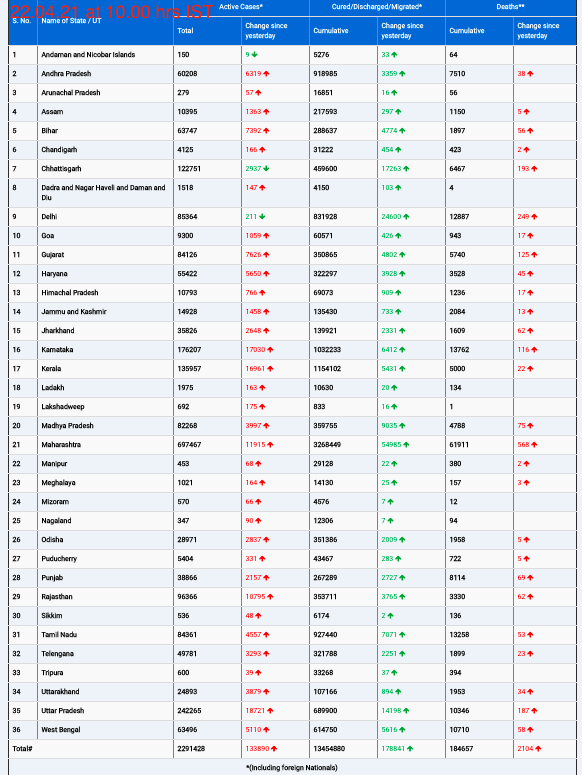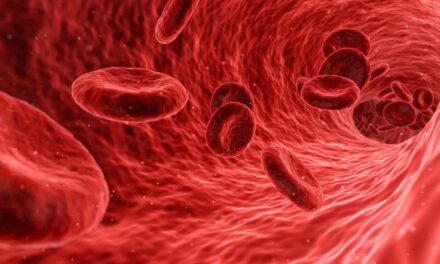STOCKHOLM, SWEDEN – A recent study published in JAMA Dermatology has revealed that self-guided online cognitive behavioral therapy (CBT) may be as effective as clinician-guided CBT for patients with atopic dermatitis, commonly known as eczema. This finding suggests a potential avenue for expanding access to psychological treatments for those suffering from this chronic skin condition.
Researchers at the Karolinska Institute conducted a randomized clinical trial involving 168 participants with atopic dermatitis. The study aimed to compare the effectiveness of a brief, self-guided online CBT intervention with a more comprehensive, clinician-guided online CBT program. Participants, with a mean age of 39 and an average Patient-Oriented Eczema Measure (POEM) score of 39.5, were monitored for changes in their POEM scores, a self-reported measure of eczema severity.
The study found both groups experienced improvements in their POEM scores. Specifically, the clinician-guided group showed a mean difference of 0.36 points, while the self-guided group showed a similar mean difference of 0.36 points. This outcome supports the idea that self-guided CBT can be non-inferior to clinician-guided therapy in this context.
“This is a significant finding that could have important implications for the treatment of atopic dermatitis,” stated researchers involved in the study. “Self-guided online CBT offers a potentially cost-effective and easily accessible option for patients who may not have access to traditional clinician-led therapy.”
The study highlights the potential of online CBT to address the psychological aspects of atopic dermatitis, which can significantly impact a patient’s quality of life. No serious adverse events were reported during the trial.
While the study indicates the potential of self-guided online CBT, researchers emphasized the importance of further investigation to determine the long-term effectiveness and optimal implementation of this approach.
Disclaimer: It’s important to note that the study, as reported in the source material, appears to have mistakenly referenced “Alzheimer’s disease (AD)” in its conclusion. This is likely an error. The study specifically focused on atopic dermatitis. The information provided in this article is based on the data related to atopic dermatitis as found in the source material. Readers should consult with healthcare professionals for personalized medical advice. This news article is for informational purposes only and does not constitute medical advice.












